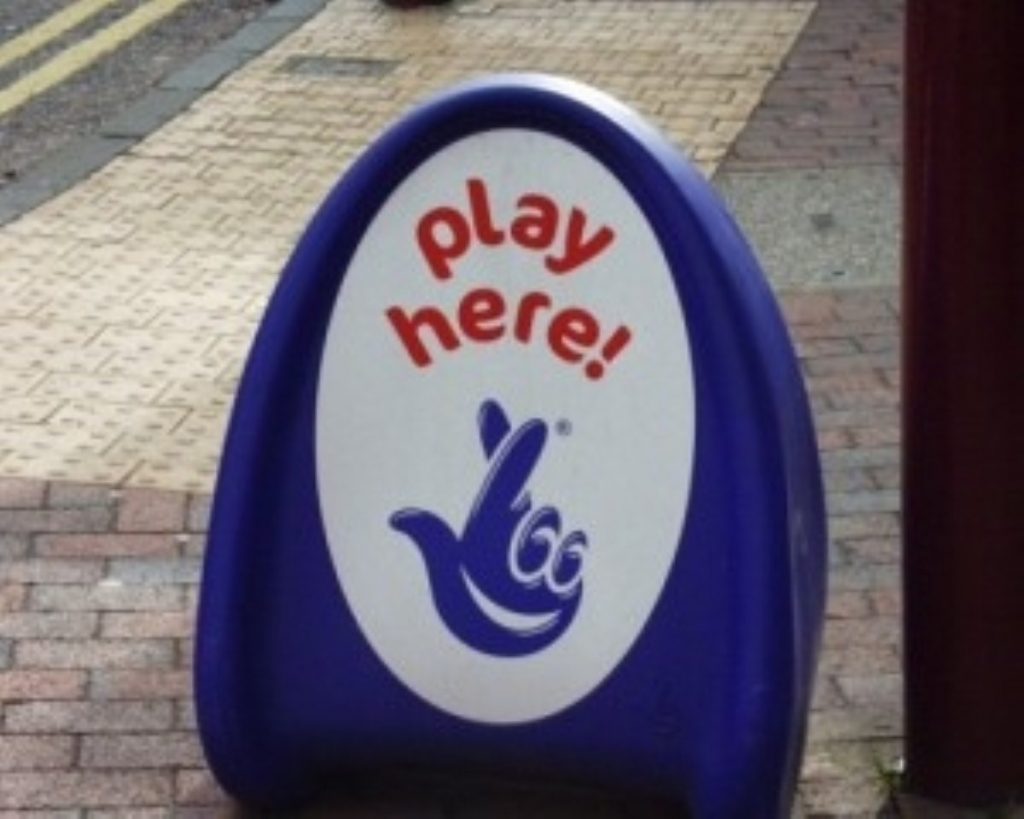Lottery losing popularity
New research on the National Lottery has found that participation is declining at a faster rate than any other form of betting.
The research from Mintel, which it hastens to add is based on figures independent of Camelot, found that five years ago three quarters of the population bought a ticket for the Saturday draw, but in 2004 this has now fallen to two thirds.
According to Mintel, this amounts to a 13 per cent fall in participation overall, with a 10 per cent fall in the number buying scratch cards and playing on Wednesdays and a halving of the percentage of the public playing Thunderball.
There is also a significant regional disparity, with the Lottery losing popularity in the south faster than in other regions. Those in the north west are most likely to play the Lottery, with Londoners the least likely to gamble. The survey does not offer any reason for the disparity, but one possible explanation is the lower levels of prosperity in the north west than in London.


Mintel indicates there is strong support for the Lottery to be run by a non-profit making organisation with a significant percentage reporting they would then be more likely to play the Lottery.
Mintel analyst, Amanda Lintott, said: “The most commonly held attitudes towards the National Lottery are that it should not be run for profit and that more of its funding should go to local or regional causes.
“This may reflect a growing ambivalence towards the Lottery setting in as it reaches maturity, but also highlights the need for marketing initiatives like the one Camelot has instituted over the past 18 months, explicitly linking Lotto play to the good causes that the monies raised will benefit”.
Richard Branson has bid unsuccessfully for the Lottery license on two separate occasion, promising a non-profit making operation with more money going to good causes.
Currently, 28 pence out of every pound spent goes on good causes, with £15 billion having been raised since the Lottery started in 1994.
Camelot’s own figures measure the number of tickets bought rather than individuals playing the game, but it admits that the number of tickets sold has fallen. Last year’s sales were the lowest on record, but the company claims that new games introduced this year have boosted interest.
Ms Lintott, continued: “The introduction of new games such as Daily Draw have failed to sustain long-term interest. The likely explanation of the apparent decline in the popularity of the National Lottery is a combination of two factors.
“First, the Lotto is now reaching maturity, at which point the experience of other countries indicates that a tailing off in interest becomes almost inevitable. Secondly, the ‘cannibalisation’ of custom by new games recently introduced, i.e. as well as attracting completely new players, new draws and games divert some existing expenditure from other National Lottery products”
In contrast, sports betting, notably on horses and dogs, has held up with participation rates down just one per cent since 1999.

